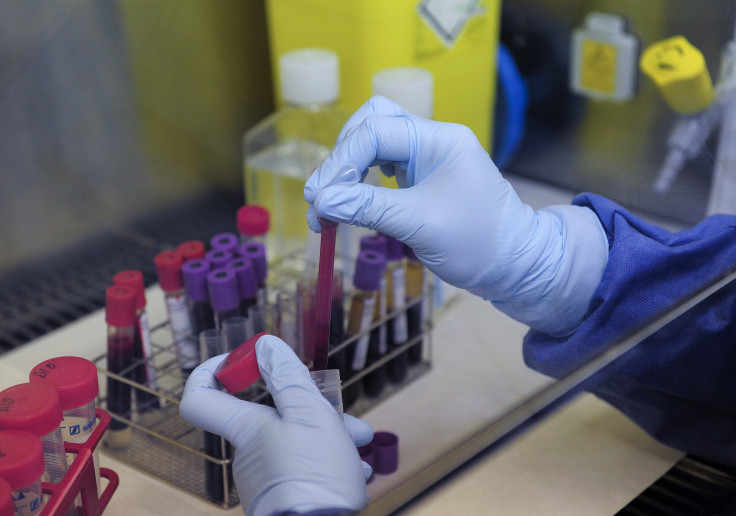Combination HIV-Hepatitis C Vaccine May Soon Help Prevent Co-Infection

Some 2.3 million people around the world are infected with both HIV and the hepatitis C virus (HCV) at the same time. The two are often intertwined, with HCV being the top cause of death aside from AIDS for co-infected patients. While there are currently vaccines for both hepatitis A and hepatitis B, there is no vaccine for hepatitis C. Likewise, HIV/AIDS treatment has improved significantly in recent decades, but there is still no vaccine.
In a new study, researchers note that a combined HIV and hepatitis C vaccine may soon be on the horizon. The study, which was presented at The International Liver Congress in Barcelona, describes how a combined vaccine would involve two main steps: first, exposing the immune system to adenoviral vectors that contain fragments of both HCV and HIV viruses, which would trigger antigens; and afterwards, administering booster vaccinations in an MVA vector containing the same HCV and HIV virus fragments.
“Finding effective vaccinations against the world’s biggest killers is a huge and pressing problem,” said Laurent Castera, Secretary General of the European Association for the Study of the Liver, in a statement. “This study shows for the first time that it is possible to generate simultaneous immune response against diseases HCV and HIV, raising the possibility of a combined vaccination.”
HIV, or the human immunodeficiency virus, causes HIV infection and over time, acquired immunodeficiency syndrome (AIDS). HCV is also a viral infection that mostly targets the liver, resulting in symptoms of fever, dark urine, stomach pain, and eventually liver disease, cirrhosis (scarring of the liver), or liver failure.
“While we have drugs to treat both HIV and HCV, these are out of reach for many and do not prevent reinfection,” said Professor Lucy Dorrell of the University of Oxford, lead author of the study, in the statement.
Indeed, people infected with both HIV and HCV typically have a bleaker outlook than those with only one of the diseases. The viruses exacerbate one another, with HIV increasing liver inflammation caused by HCV, for example. In addition, co-infected patients have a harder time being treated than those who are only infected with HCV — according to to the NIH, drug-induced liver injury (triggered by antiretroviral therapy) is more common among co-infected patients than among those with HIV mono-infection. There is also a higher prevalence of HCV among HIV-infected individuals compared to HIV-negative people, corresponding research showed.
It’s perhaps due to all of these reasons that the researchers were motivated to investigate a double whammy vaccine. In their study, they gathered 32 healthy participants and divided them into three groups: The first group received only HCV investigational vaccines the first and eighth weeks. The second group received only HIV investigational vaccines during the same time period, and the last group received the combined vaccine for HIV/HCV. They found that the combined vaccine didn’t impair the immune response compared to the individual vaccines, hinting that with more research, they may develop an equally effective combined vaccine.
Perhaps the key word here, however, is “investigational.” Both the HIV and HCV vaccines used in the study are in preliminary testing stages, meaning it will be quite some time before they’re deemed good to use in a clinical setting. Indeed, the development of both an HIV vaccine and an HCV vaccine still face many challenges. However, the study offers hope to those who may be at risk of contracting both diseases in the future: We may soon have a means of prevention.
Published by Medicaldaily.com



























